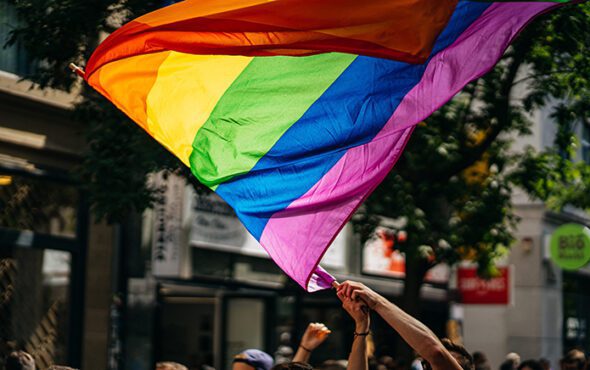
US voters across the political spectrum, including Republicans, believe anti-LGBTQ+ legislation to be “excessive, political theatre” designed to increase division.
According to findings from a new poll, which was conducted by Data for Progress, “72% of Democrats, 65% of Independents, and 55% of Republicans think that there is ‘too much legislation’ aimed at limiting the rights of transgender and gay people in America.”
With almost 430 separate bills already making their way through various state legislatures this year alone, it was also found that a majority of voters in the US believe the Republican Party is using LGBTQ+ rights as a “wedge issue” to gain political advantage and/or sow division.
“Political leaders should not hesitate to call out Republicans on their manipulative political tactics,” said Data for Progress pollsters Erin Thomas, Grace Adcox and Lew Blank in a blog post. “Furthermore, they should use their platform to make the country more aware of queer people and queer issues.”
READ MORE: Drag is under attack – but these queens aren’t backing down anytime soon
They added that the Democratic Party “should be doing more to advocate for queer and trans people” as bills continue to target their rights.
This was reflected in the poll, as 56% of likely Democratic voters said the Party should be doing more, while 63% of Independent or third-party voters agreed.
Republican narratives surrounding trans identities also appear to be unpopular among potential voters, as 57% agree “that transgender identities occur naturally when free societies permit individuals to identify outside of societal norms, whereas only 33 percent view transgender identities as a ‘woke’ invention.”
READ MORE: Pulse survivor warns Florida’s anti-LGBTQ+ bills are fuelling “harmful rhetoric”
In their conclusion, Tuomas, Adcox and Blank wrote: “Our polling highlights that knowing trans people and experiencing queer culture significantly improves likely voters’ support for trans and queer rights.
“Increasing public awareness and understanding of transgender and queer people shouldn’t solely be the responsibility of trans people.”



